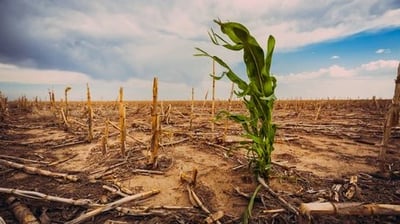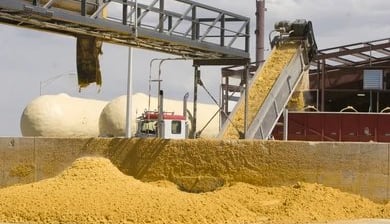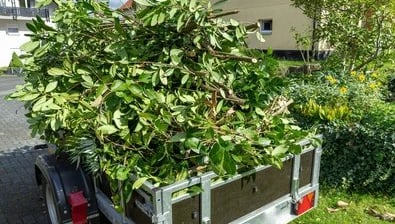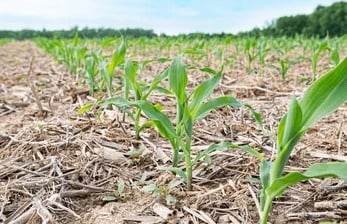Our services
From consulting and strategy development to implementation and support, our comprehensive services can help the climate thrive.
Agriculture Waste Management
Agricultural waste management is crucial for sustainable farming and environmental health. Proper management of agricultural waste, which includes crop residues, livestock manure, and agrochemicals, plays a significant role in reducing pollution and conserving natural resources. By implementing effective waste management practices, farmers can recycle nutrients back into the soil, enhancing soil fertility and promoting healthier crop yields.
Agro Industrial Waste Management
Agro-industrial waste management plays a crucial role in environmental sustainability by transforming waste materials like rice husks and spent chillies into valuable resources. By managing these agro-industrial by-products effectively, we not only minimize landfill contributions but also promote circular economy practices that foster ecological balance and resource efficiency.






Urban Green Waste Management
Urban green waste management plays a crucial role in maintaining the health and vitality of metropolitan cities. By effectively handling organic waste, such as leaves, grass clippings, and tree trimmings, cities can reduce landfill burden and lower greenhouse gas emissions. Furthermore, implementing efficient green waste programs supports biodiversity and enhances the aesthetic appeal of urban areas, making them more enjoyable for residents and tourists alike.
Afforestation
Afforestation plays a crucial role in combating climate change by increasing tree cover, which in turn enhances carbon sequestration. Trees absorb carbon dioxide, one of the primary greenhouse gases, thus reducing its concentration in the atmosphere. Additionally, afforestation can improve local biodiversity, create habitats for various species, and contribute to soil stability, which prevents erosion. The increased foliage also helps regulate temperatures, leading to cooler microclimates and promoting healthier ecosystems.
Reduced or No Till Farming
Reduced or no-till farming is an innovative agricultural practice that can significantly benefit the environment and crop productivity. By minimizing soil disturbance, these methods help maintain soil structure and enhance its natural fertility, leading to improved water retention and nutrient availability for plants. Additionally, reducing tillage can decrease soil erosion, protecting essential topsoil from being washed or blown away. This practice also promotes greater biodiversity by allowing beneficial microorganisms and earthworms to thrive, which are crucial for soil health.






Terrestrial Carbon Storage
Terrestrial carbon storage plays a crucial role in achieving a carbon-neutral environment by effectively sequestering carbon dioxide from the atmosphere. Through processes like photosynthesis, plants absorb CO2, storing carbon in their biomass and soils. Forests, grasslands, and wetlands serve as significant carbon sinks, where healthy ecosystems can capture and retain substantial amounts of carbon. By preserving these natural habitats and promoting reforestation and afforestation, we enhance the planet's ability to mitigate climate change. Additionally, sustainable land management practices, such as agroforestry and conservation agriculture, can further increase soil carbon storage, leading to reduced atmospheric CO2 levels.
